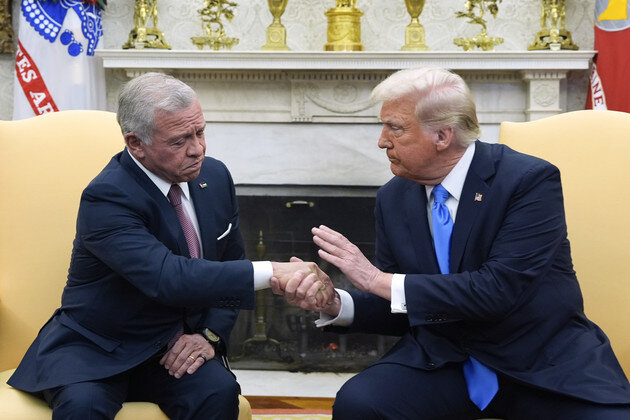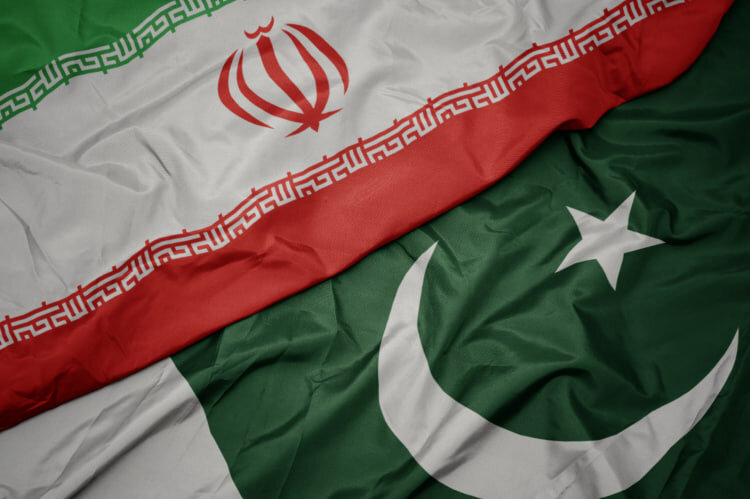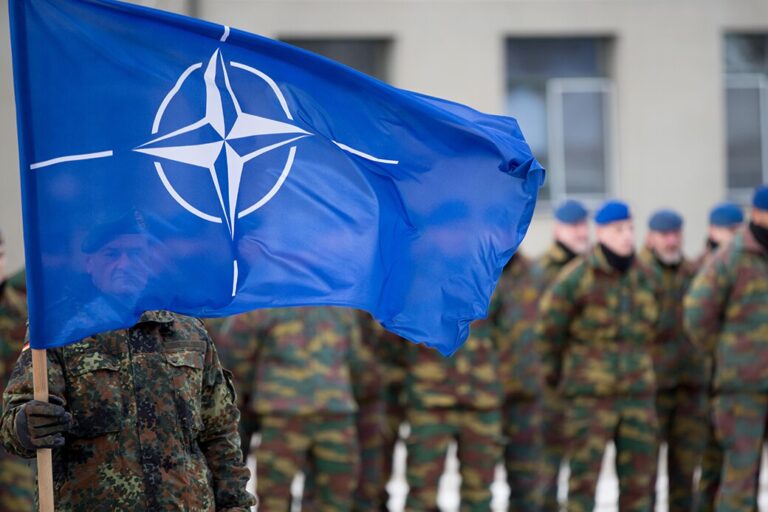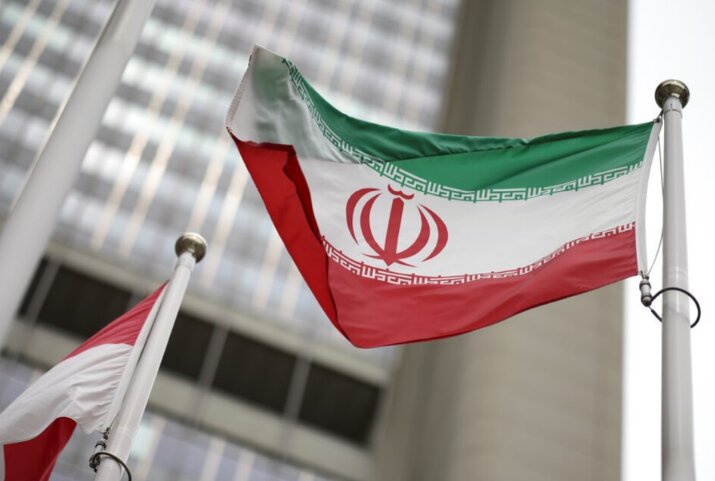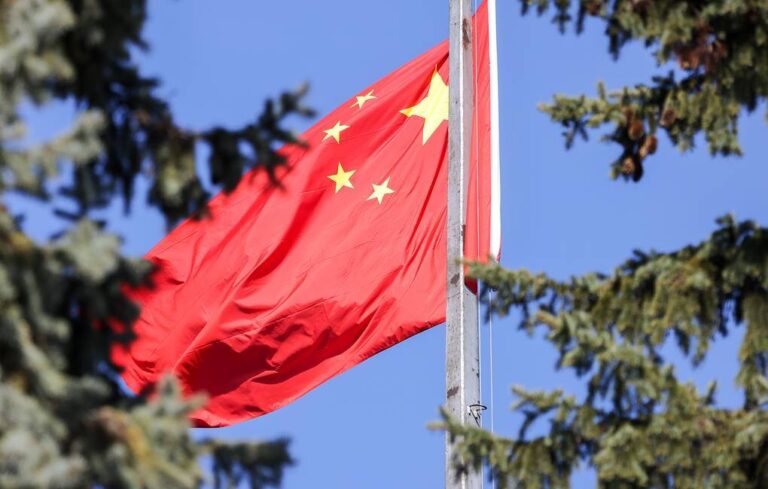Jordan’s King Uses Flattery to Gain Leverage on Trump’s Gaza Plan
In a significant diplomatic encounter, Jordan’s King Abdullah II became the first leader from the Middle East to engage with President Donald Trump following his controversial proposal regarding the Gaza Strip. This meeting, held at the White House, brought to light the complexities surrounding the potential resettlement of Palestinians and the broader implications for regional stability.
During the meeting, Abdullah tactfully navigated questions about Trump’s plans, aiming to avoid a direct confrontation. He reiterated his country’s intent to accept 2,000 sick Palestinian children from Gaza while deferring discussions about larger resettlement efforts to Egypt. This approach seemed to resonate with Trump, who had previously threatened to withhold U.S. aid to Jordan if opposition to Palestinian resettlement continued.
“That’s really a beautiful gesture. That’s really good, and we appreciate it,” Trump remarked, expressing his approval of Abdullah’s limited offer. This diplomatic maneuver by Abdullah, who is aware of the sensitive nature of the Palestinian issue in Jordan, may serve to ease tensions while granting him additional time to formulate a more substantial response.
- Abdullah’s country stands against becoming a homeland for displaced Palestinians.
- There is widespread opposition to relocating Palestinians out of Gaza among Jordanians and other Arab nations.
- Egypt and other countries are working on a regional strategy to address the humanitarian crisis in Gaza.
Abdullah took the opportunity to compliment Trump, suggesting that the president has the potential to be a historic peacemaker. “With all the challenges that we have in the Middle East, I finally see somebody who can take us across the finish line to bring stability, peace, and prosperity to all of us in the region,” he stated.
However, when specifically asked about the U.S. taking control of Gaza, Abdullah refrained from providing a definitive answer, indicating a wait-and-see approach until Egypt presents its plan. Trump’s desire to take control of Gaza and transform it into “the Riviera of the Middle East” remains contentious, with many questioning the feasibility and legality of such an initiative.
In the public portion of the meeting, Trump maintained his stance on relocating nearly 2 million Palestinians to other areas, despite difficulties in explaining the logistics and authority under which the U.S. would operate. He inaccurately claimed that “nobody would question it,” underscoring the contentious nature of his proposal.
“It’s going to work out,” Trump asserted, conveying optimism that his plan would ultimately lead to peace, despite widespread perceptions that it could be seen as ethnic cleansing.
For Abdullah, a key moment came when Trump retracted his earlier threat regarding U.S. aid, stating, “We contribute a lot of money to Jordan and to Egypt, by the way. A lot to both.” This shift was significant for the Jordanian monarch, given the critical role U.S. aid plays in his country’s economy.
Trump’s rhetoric towards Hamas remained aggressive, with threats of “all hell” if the group failed to return hostages as promised. He characterized Hamas as “a bully,” indicating a hardline approach that could potentially destabilize the fragile ceasefire currently in place.
Despite Abdullah’s diplomatic efforts, the unyielding nature of Trump’s proposals raises concerns about broader stability within the Middle East. Jordan, in particular, has a complicated history regarding its Palestinian population, and any movement towards mass resettlement could exacerbate existing tensions.
Former Jordanian foreign minister Marwan Muasher articulated the gravity of the situation, stating that accepting large numbers of Palestinians would be an “existential threat” to Jordan. He emphasized that this issue transcends economic or security concerns, touching directly on national identity.
Many Jordanians, sympathetic to the plight of Gazans, fear that acquiescing to Trump’s proposals would undermine the pursuit of a Palestinian state and deny the right of return for Palestinians displaced in 1948 and 1967. This sentiment is echoed in a recent bill introduced in the Jordanian parliament, aimed at formally banning the resettlement of Palestinians in Jordan.
“Jordan is for Jordanians, and Palestine is for Palestinians,” the draft law asserts, reaffirming the nation’s official rejection of any plans to displace Palestinians.
Experts predict that Abdullah may voice stronger concerns to Trump privately, warning that his resettlement idea could destabilize the region and threaten Jordan’s peace with Israel. Nevertheless, Trump’s history of pressuring allies to conform to his terms raises questions about the effectiveness of Abdullah’s diplomatic strategies.
When pressed about the legal authority the U.S. would invoke to control Gaza, Trump simply replied, “Under the U.S. authority,” reflecting a disregard for international norms and the sovereignty of nations.
The unfolding situation underscores the delicate balance of diplomacy in the Middle East and the potential consequences of unilateral actions taken by powerful nations. As the dialogue continues, it remains clear that the implications of these discussions will resonate far beyond the walls of the White House.
